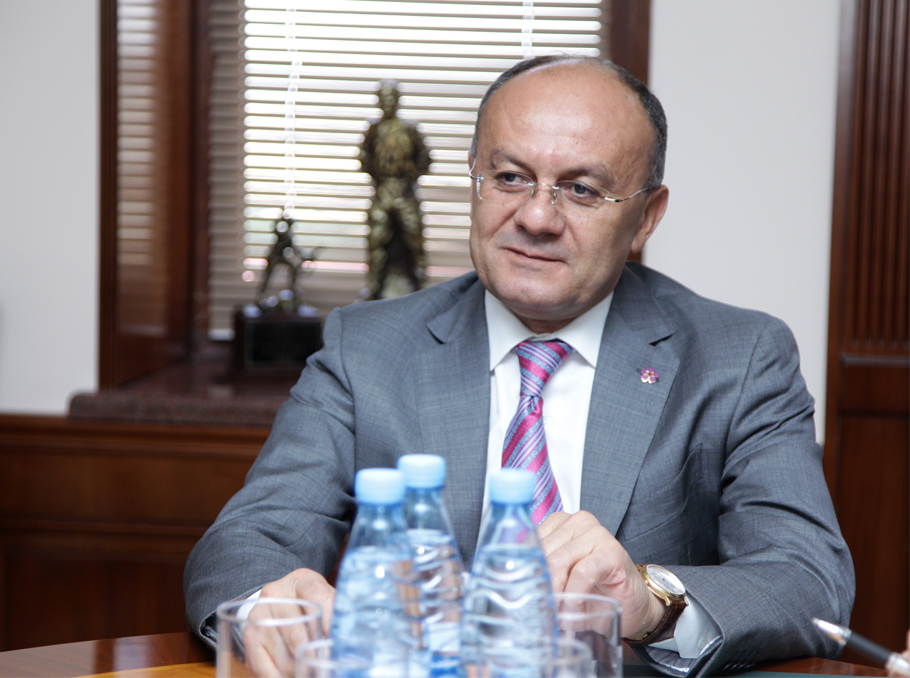Re: Regional geopolitics
Here is the full open letter on Freedom House: https://freedomhouse.org/article/ope...on-azerbaijan#
| Freedom House urges not to attend European Games in Baku Freedom House has criticized the Azerbaijani authorities over the conviction of leading human rights defender Rasul Jafarov. STEPANAKERT, APRIL 17, ARTSAKHPRESS։ In response to the Azerbaijani government sentencing prominent human rights defender Rasul Jafarov to six-and-a-half years imprisonment on charges of embezzlement, illegal entrepreneurship, tax evasion, abuse of power and forgery committed by a civil servant, Freedom House issued the following statement: “We condemn the politically motivated imprisonment of Rasul Jafarov, who was convicted on ludicrous charges,” said Susan Corke, director of Eurasia programs. “They fit a pattern of prosecutions against leading human rights defenders and investigative journalists, including Leyla Yunus, Intigam Aliyev, Emin Huseynov and Khadija Ismail, on trumped up charges. The Azerbaijani authorities seem purposefully oblivious to the irony of sentencing an activist on counts of financial wrong-doing, given that President, Ilham Aliyev has accrued great wealth while in power. We urge Europe’s leaders not to attend the June 12, 2015 European Games, as a clear condemnation of Azerbaijan’s actions.” According to Freedom House, Rasul Jafarov, chairman of Human Rights Club, was detained following his participation in a panel at the Parliamentary Assembly of the OSCE. He organized a Sing for Democracy campaign ahead of the Eurovision Song Contest in Baku in May, 2012 and was engaged in an effort to draw attention to Azerbaijan’s human rights record ahead of the European Games to be held in June in Baku. In 2014, The Norwegian Helsinki Committee awarded Rasul Jafarov - together with Leyla Yunus, Anar Mammadli, and Intiqam Aliyev - The Andrei Sakharov Freedom Award. Azerbaijan is rated Not Free in Freedom in the World 2015, Not Free in Freedom of the Press 2014, Partly Free in Freedom on the Net 2014, and receives a democracy score of 6.68 on a scale of 1 to 7, with 7 as the worst possible score, in Nations in Transit 2014. |
Here is the full open letter on Freedom House: https://freedomhouse.org/article/ope...on-azerbaijan#











Comment